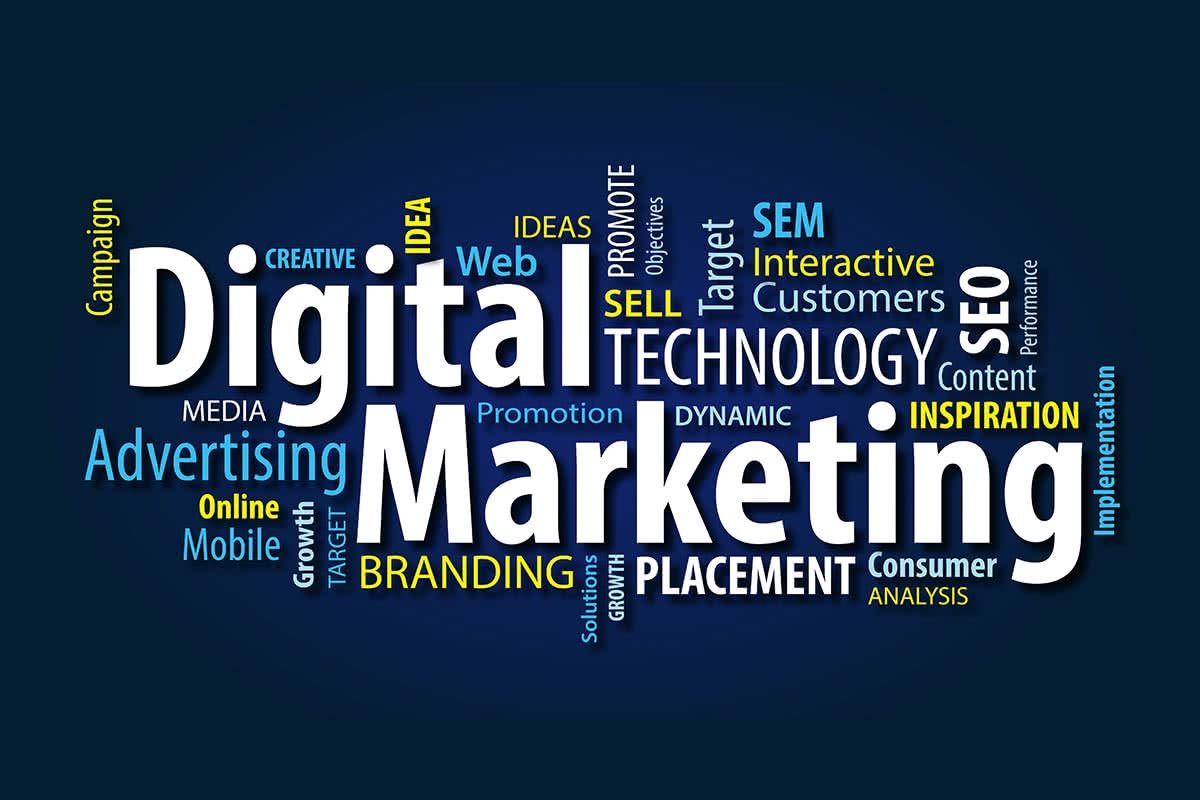
Why Digital Marketing Matters: Definition and Importance for 2024
Introduction
1. Understanding Digital Marketing
Digital marketing refers to the use of digital channels, such as search engines, social media, email, and websites, to promote products or services. Unlike traditional marketing, digital marketing enables businesses to reach a global audience in a more targeted and measurable way.
2. Key Components of Digital Marketing
-
Search Engine Optimization (SEO)
SEO is crucial for improving your website's visibility on search engines like Google. By understanding and implementing SEO strategies, you can attract more organic traffic, improve your site's ranking, and increase your brand's online presence.
-
Content Marketing
Content marketing focuses on creating high-quality content that provides value to your audience. This can include blog posts, videos, infographics, and more. Effective content marketing builds trust and authority, driving traffic and generating leads.
-
Social Media Marketing
With billions of users on platforms like Facebook, Instagram, and Twitter, social media marketing is a powerful tool. It allows you to engage with your audience, share content, and create a community around your brand.
-
Pay-Per-Click (PPC) Advertising
PPC advertising is an efficient way to drive targeted traffic to your website. By bidding on keywords, your ads appear in search results, and you only pay when someone clicks on your ad. This ensures a cost-effective marketing approach.
-
Email Marketing
Email marketing remains one of the most effective digital marketing strategies. By sending targeted and personalized emails, you can build relationships with your audience, promote your products or services, and drive conversions.
3. Importance of Digital Marketing in 2024
-
Increased Internet and Mobile Device Usage
As internet usage continues to rise, businesses must leverage digital marketing to reach their audience. With more people accessing the internet via mobile devices, optimizing for mobile is essential.
-
Changing Consumer Behavior and Expectations
Consumers now expect personalized experiences and instant access to information. Digital marketing allows businesses to meet these expectations through targeted campaigns and real-time interactions.
-
Data-Driven Marketing and Personalization
Digital marketing enables businesses to collect and analyze data to understand customer behavior. This data-driven approach allows for personalized marketing, increasing engagement and conversion rates.
-
Enhanced Targeting and Reach Capabilities
With digital marketing, businesses can target specific demographics, interests, and behaviors. This precise targeting ensures that your marketing efforts reach the right audience at the right time.
-
Cost-Effectiveness Compared to Traditional Marketing
Digital marketing is often more cost-effective than traditional marketing methods. With lower costs and higher ROI, businesses can maximize their marketing budgets.
4. Digital Marketing Trends to Watch in 2024
-
Rise of Artificial Intelligence (AI) and Machine Learning
AI and machine learning are transforming digital marketing by providing insights, automating tasks, and enhancing customer experiences.
-
Growth of Video Content and Live Streaming
Video content continues to dominate. Live streaming, in particular, offers real-time engagement and authenticity that resonates with audiences.
-
Increasing Importance of Voice Search and Smart Speakers
As voice-activated devices become more popular, optimizing for voice search is crucial for maintaining visibility and relevance.
-
Expansion of Influencer Marketing
Influencer marketing leverages the reach and credibility of influencers to promote products and services. It's a powerful strategy for building trust and driving conversions.
-
Adoption of Immersive Technologies (AR/VR)
Augmented reality (AR) and virtual reality (VR) provide immersive experiences that captivate audiences and offer unique ways to showcase products.
5. How to Implement a Successful Digital Marketing Strategy
-
Setting Clear Goals and Objectives:
Define what you want to achieve with your digital marketing efforts. Clear goals provide direction and a basis for measuring success.
-
Identifying Target Audiences and Buyer Personas
Understand who your ideal customers are. Creating detailed buyer personas helps tailor your marketing messages and strategies to their needs.
-
Creating a Comprehensive Content Plan
Develop a content strategy that aligns with your goals and audience preferences. Plan and create high-quality content that provides value and drives engagement.
-
Utilizing Analytics and Data to Measure Success
Use analytics tools to track and measure the performance of your digital marketing campaigns. Analyzing data helps identify what's working and what needs improvement
-
Continuously Adapting and Optimizing Strategies
Digital marketing is dynamic. Stay updated with the latest trends and continuously optimize your strategies to stay ahead of the competition.




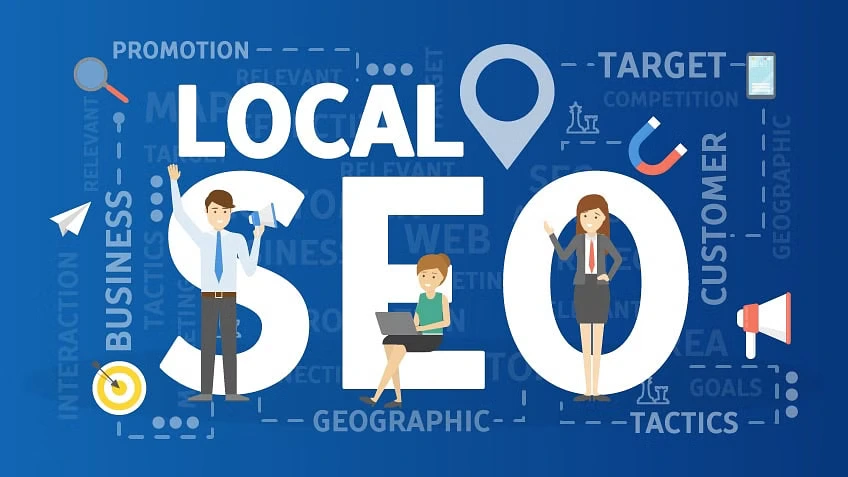


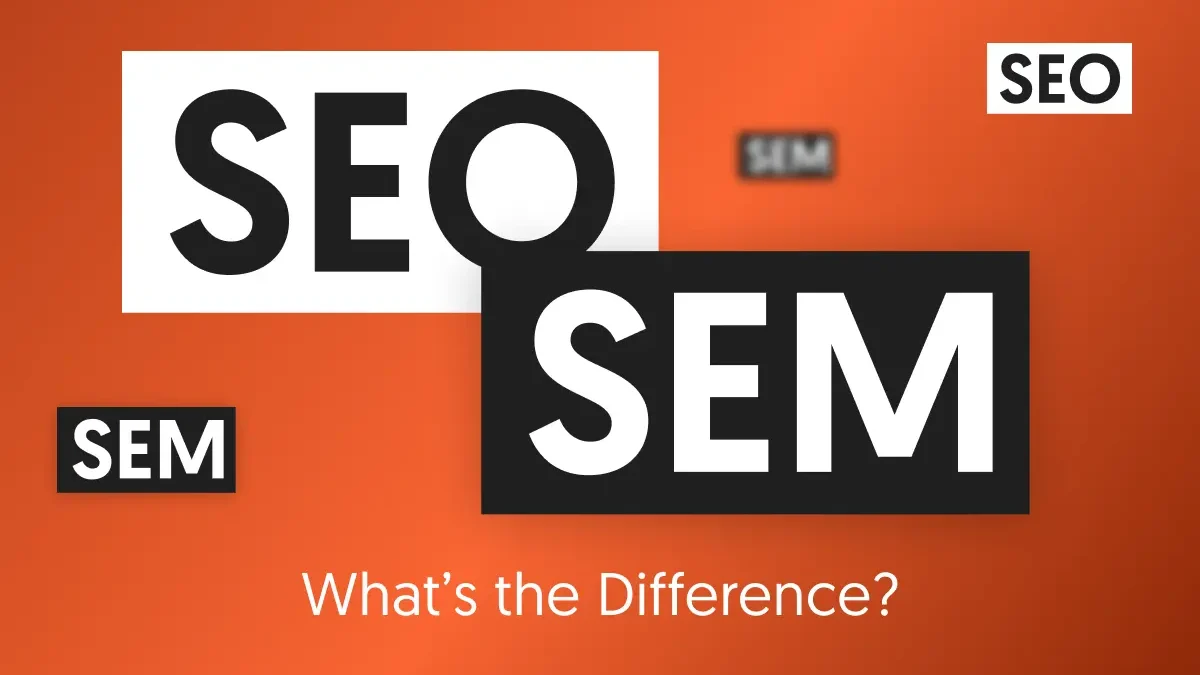
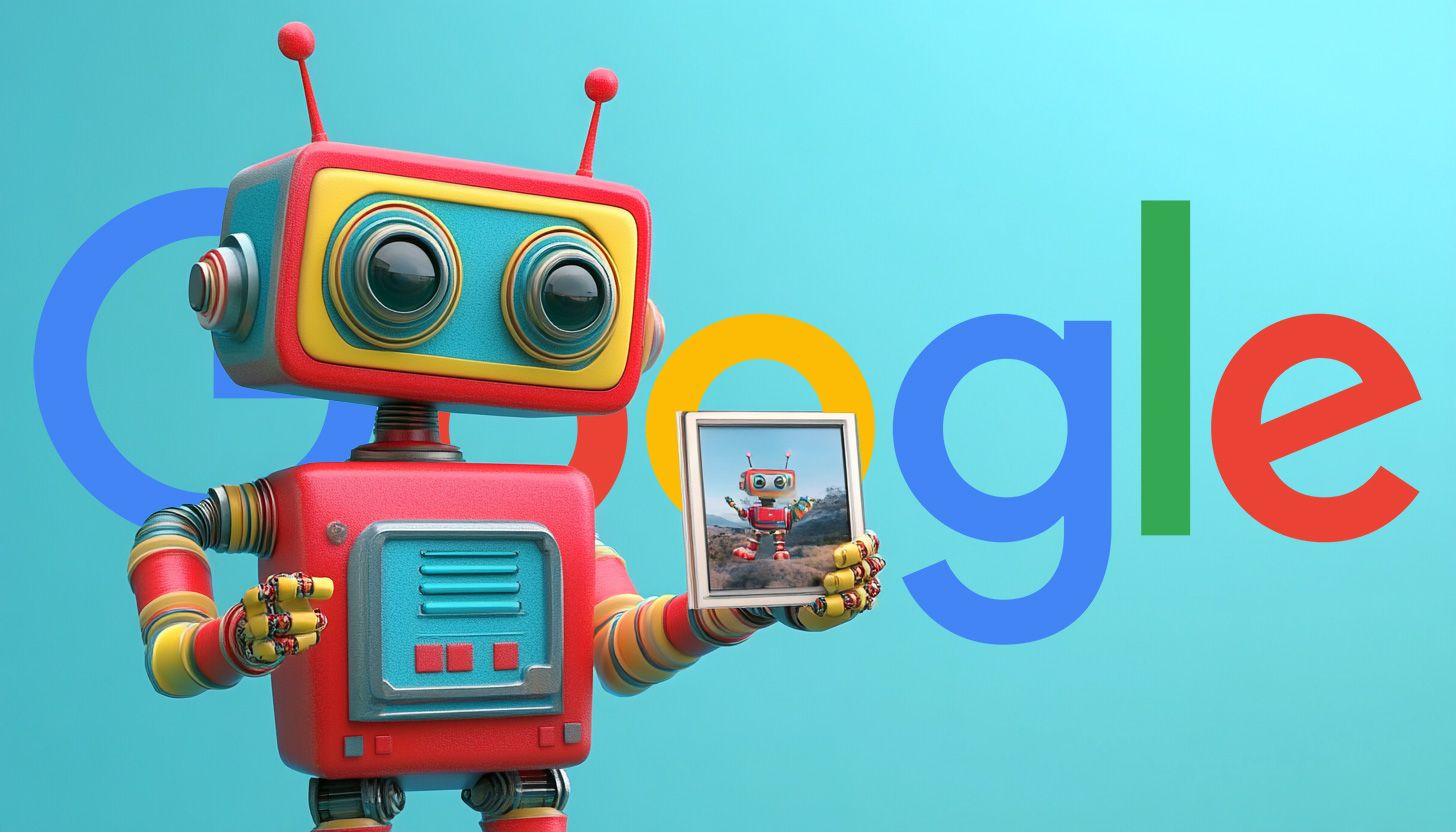
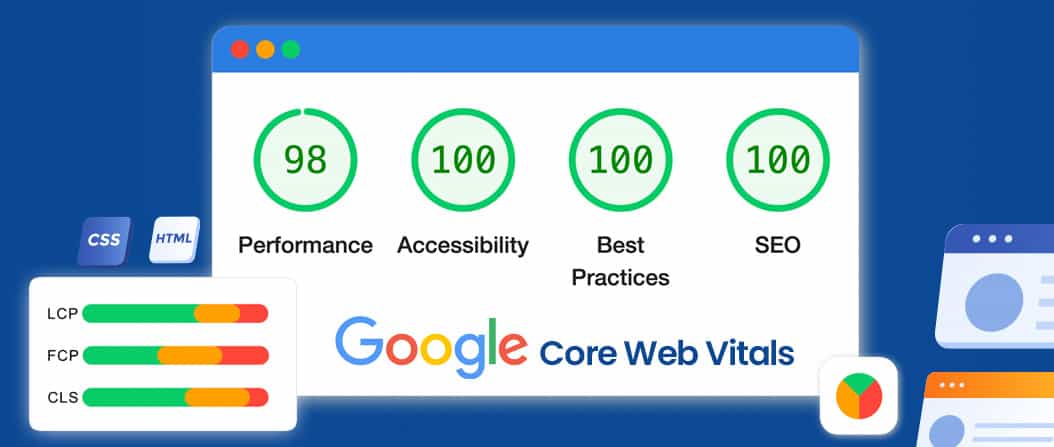
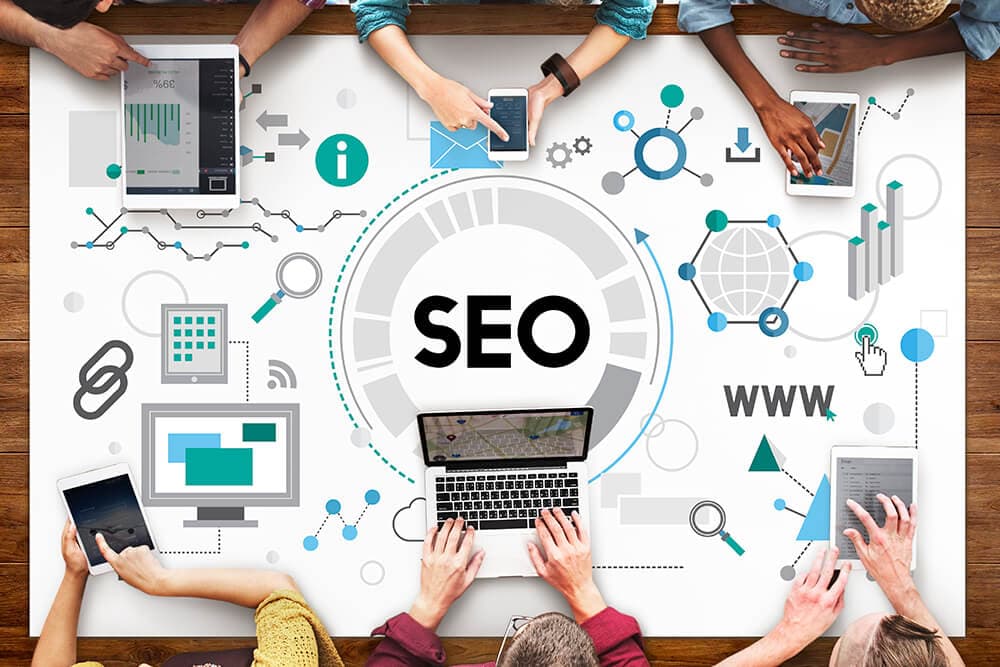
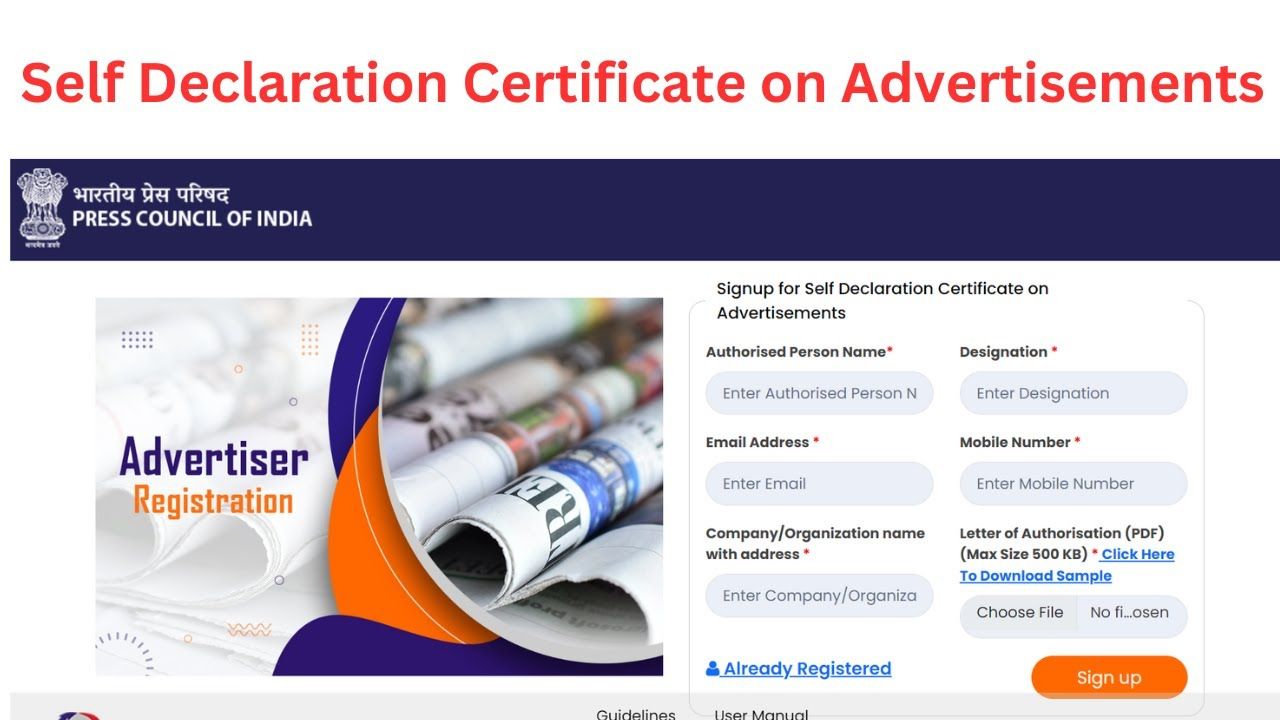
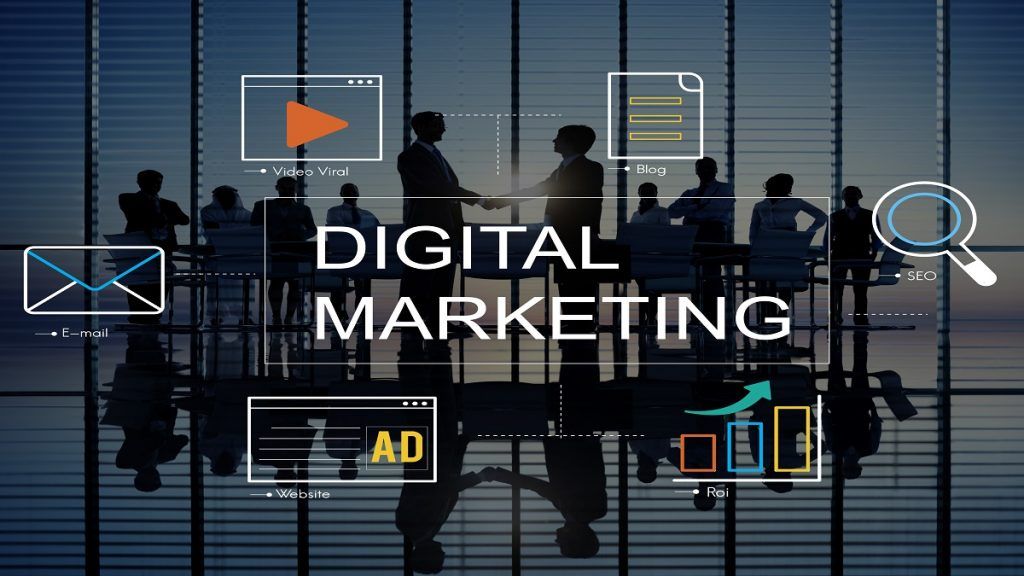
Thank you for providing this valuable information! This blog has been incredibly helpful. I will subscribe to your newsletter, so please keep me updated via email.